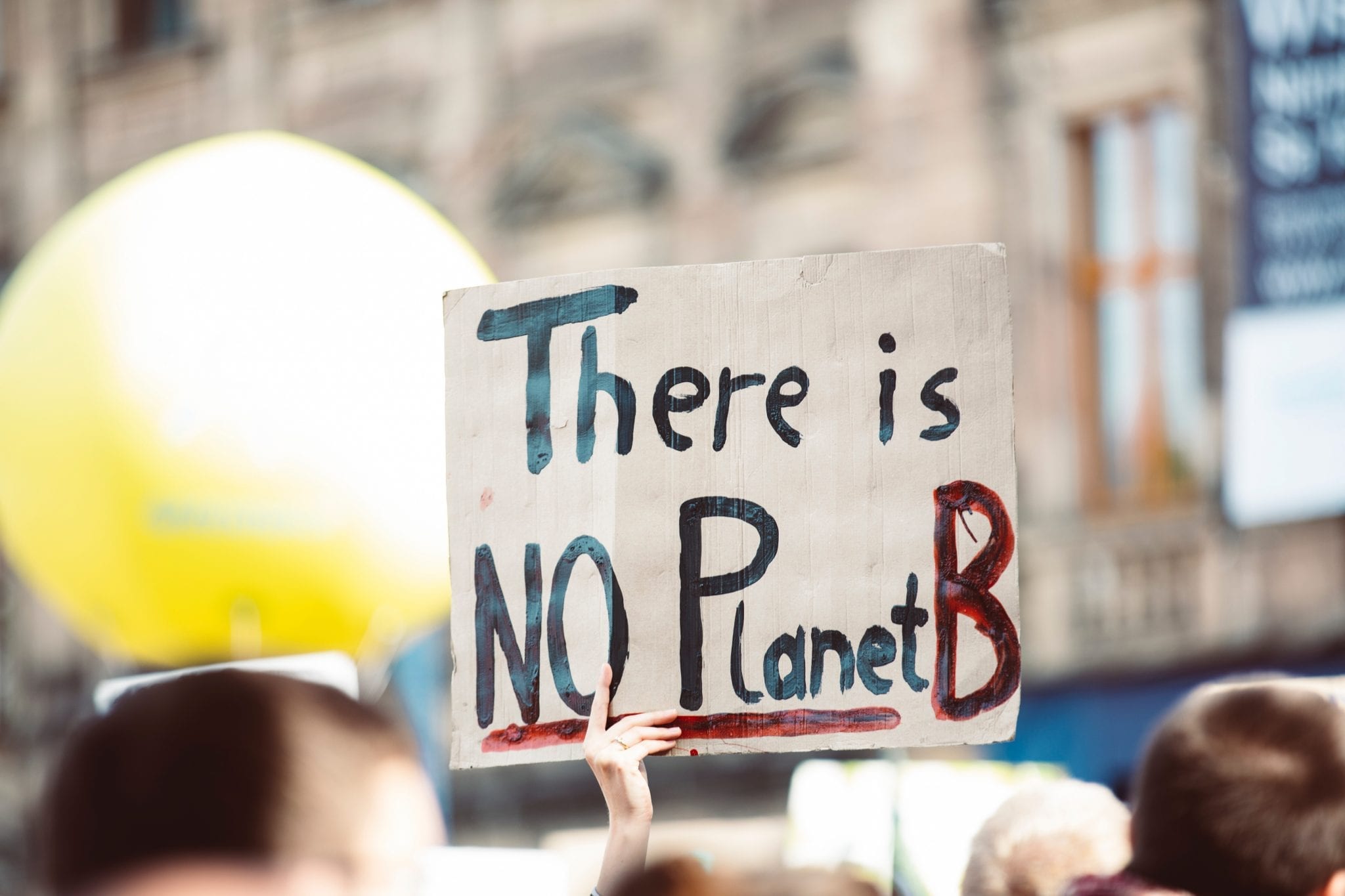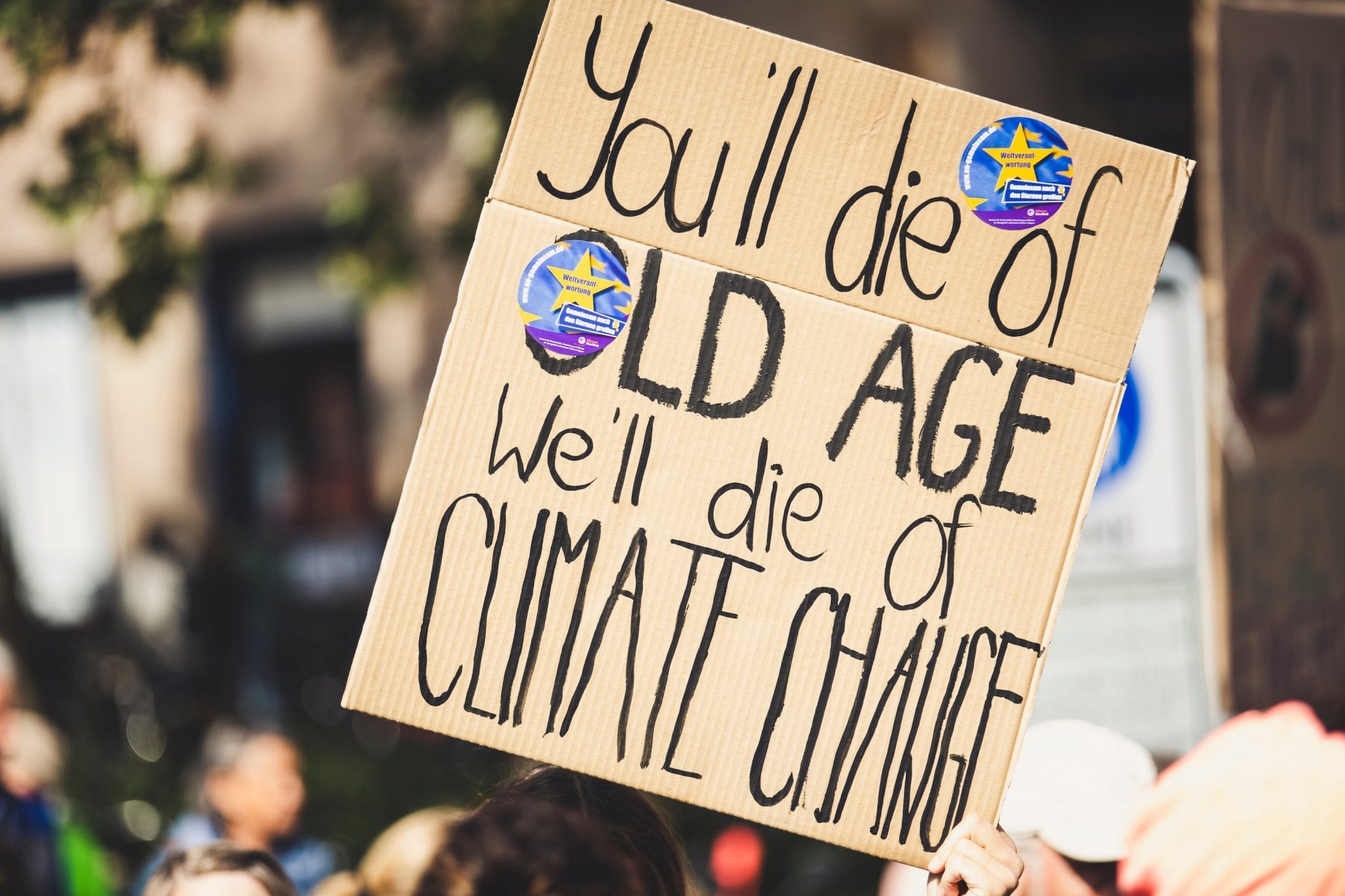
We are facing two major global catastrophes in 2020, yet only one is being properly addressed. The coronavirus, as of the time of this writing, has killed over 400,000 individuals, and infected over 7 million. These developments have prompted largely unprecedented mass changes to society at the national, business, and individual level.
This has been a shocking (and weird, and confusing, etc.) chain of events, one that has raised questions as to why climate change has not garnered nearly the same attention in the media or received such strong mitigation efforts.
The answers to these questions can help us view the pandemic as a potent opportunity for the necessary systemic overhaul of our behaviour, from the individual consumer to the upper echelons of the world.
While nations, particularly those with economic and political power, have reacted quickly to COVID-19, the same cannot be said for the climate crisis, even though 9 million people are killed every year by air pollution alone.
While the pandemic is impacting developed countries the most intensely, climate change disproportionately harms poor developing countries. Rich industrialized states, the ones that have mainly contributed to climate change, are also the least likely to be scathed by the effects of the climate crisis. Due to this, they lack the same incentive that has provoked the strong political and economic response that the pandemic has garnered.
 Another important aspect explaining these different responses is age. The people who have the most political and economic power, such as heads of state and business leaders, are also likely to be older and more vulnerable to the coronavirus.
Another important aspect explaining these different responses is age. The people who have the most political and economic power, such as heads of state and business leaders, are also likely to be older and more vulnerable to the coronavirus.
Noticing an imminent, possible personal threat, older leaders are incentivized to react rapidly and effectively. Contrarily, younger people are those who will experience the majority of the effects of climate change, and because they are the demographic in society with less political and economic clout, they are less able to make the changes necessary for the world’s survival.
The combined result of why these reactions have been different is the imminence of the damage from coronavirus in comparison to the long-term fallout from climate change. The pandemic is something that absolutely cannot be ignored in the short term, because it has the capacity to cause a major loss of life.
The coronavirus also has relatively concrete and short term solutions: locking down borders, implementing quarantines, shutting down economies. For climate change, decisions have to be made now on a massive international scale for a crisis that will worsen significantly in the future.
However, it is difficult to reach a consensus on tackling climate change because not all countries have the same mutual interests. Less powerful, developing countries have a shorter deadline before facing the repercussions of climate change, as opposed to the delayed effects that developed countries will experience.
This renders cooperation much more difficult to achieve for a more complicated issue like climate change, as opposed to a more understandable, shorter-term issue such as the coronavirus.
However, the current state of affairs does not mean that the fight against climate change is hopeless. Rather, this pandemic is forcing us to truly perceive the problems inherent to our economic, political, and social systems, and in doing so it is providing us with a great opportunity to enact structural change.
This period of fundamental shifts in behaviour has the potential to make us question why we consume and travel so much, why we seek excess, and consequently why it is essential we continue to change our behaviour to fight climate change.
Economists in particular have been decrying the loss of spending that has accompanied this pandemic, but they do not address why endless consumption and infinite economic expansion are desirable. In fact, these are the very foundations of our market system that have massively contributed to the existential threat of climate change.
The deadly coronavirus is obviously wreaking economic havoc, with many livelihoods lost. However, it is simultaneously presenting an incredibly rare opportunity to reassess our priorities and what is actually necessary for us to have meaningful lives, something that Stardust has actively been engaging with.
Perhaps we can view our recession-induced shift away from our cherished capitalist norms (consumption, travel, excess) as a movement towards a healthier, more sustainable future. In order to save the planet and ourselves, we must fundamentally change how we think, move, spend, and live, from the grassroots level to the highest political echelons.
Although it will require massive amounts of planning and collaboration, all of humanity will benefit from changing our behaviour in order to be able to occupy a livable planet.
At Stardust, we strive to enable these changes to occur by supporting emerging impact entrepreneurs and early-stage startups with a focus on sustainability, learning, and health. We do this with the ultimate goal of helping these projects contribute to a more conscientious, just, and sustainable future, one in which we may all thrive.

